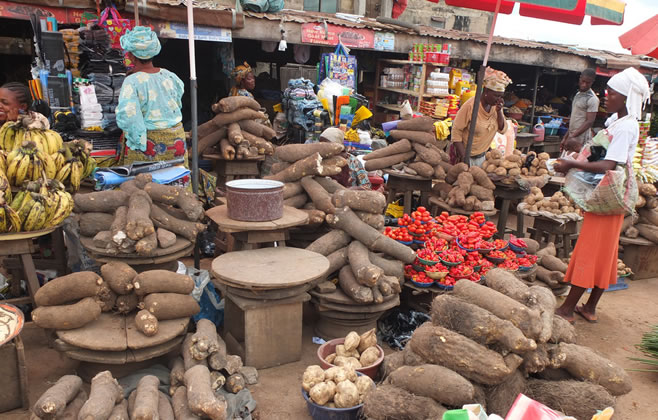
Economic Commission for Africa has said intra-African trade in agri-food, industry, and services sectors will increase by nearly 35 per cent by 2045 through the African Continental Free Trade Agreement.
This is contained in a statement credited to the Director of Regional Integration and Trade at ECA, Stephen Karingi.
The commission urged governments at all levels to fully and effectively implement the agreement for the projections to come to fruition.
While recognising the private sector as an indispensable stakeholder in the African Continental Free Trade Agreement, considering its ability to catalyse sustainable economic development and job creation, the commission maintained that the sector must also seize the opportunities of a large single market created by the AfCFTA.
“Africa’s private sector accounts for 80 per cent of total production, two-thirds of investment, and three-quarters of credit, and employs 90 per cent of the working-age population,” Karingin stated.
He noted that Africa’s weak productive capacity and consequent excessive reliance on imports for essential products exposed it to external shocks such as the COVID-19 pandemic and the Russia-Ukraine war.
Karingin added, “When COVID-19 struck, African countries were confronted with a lack of access to basic medical supplies because Africa imports over 90 per cent of its supplies.
“When the Russia-Ukraine crisis dawned, several African countries faced a crisis of food security because wheat and corn exports from Russia and Ukraine were suspended.”
The AfCFTA is expected to integrate and consolidate Africa into a single $2.7tn market by eliminating many of the barriers to trade present across the continent.
It provides the platform for Africa to diversify its economy and achieve resilience to natural and manmade shocks, including climate change.
Karingi reassured that “ECA has been there from the beginning; ECA will be there to the end. Africa is ready to turn the promises of the AfCFTA to reality, and ECA will be there all the way.”











